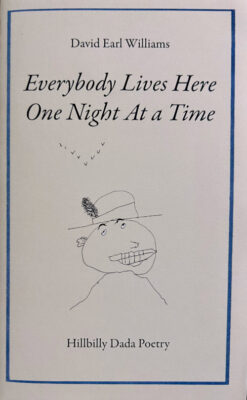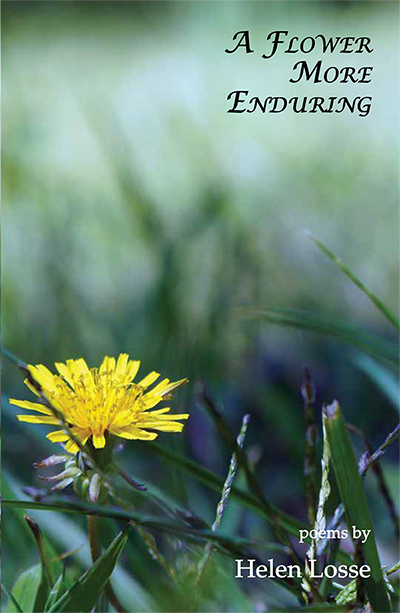sorry you are not an instant winner, by Doritt Carroll. Kattywompus Press, 2017. $12. Reviewed by CL Bledsoe
The poems in Carroll’s chapbook are stripped-down narratives, eschewing punctuation or capitalization, in a style somewhat like Lucille Clifton or Besmilr Brigham. Carroll uses line break and phrasing to maintain and propel meaning. But the poems aren’t choppy; they flow across the page as she describes a tumultuous, abusive relationship between a father and daughter, spilling over into the relationship between mother and daughter and siblings. The adult daughter’s relationship with her eventual husband repeats some of these patterns. Throughout it all, Carroll retains a clarity of thought as she struggles to maintain her sense of self while surrounded by people who seem to want to destroy that sense of self, or subsume it with their own.
But this is not simply a catalogue of injustices; Carroll avoids the usual platitudes about surviving abuse and tragedy. The title poem, itself, while dealing with the vagaries of love, is somewhat playful. Love isn’t a “get-rich quick” scheme with instant winners. It’s hard. It takes work. She says:
i am writing this on the back
of an email i printed
in which you said
you didn’t love me
then you said
you did
Carroll is fearless in her descriptions; “love poem” begins, “i loved you back when my password/was Adventure before i changed it to Forever/ then KeepUsPlease then SaveMe.” There’s an aching honesty in her simple statements that point back to the hopeful woman she used to be while mourning that woman’s loss.
Several of the poems deal with Carroll’s father’s brain tumor, and the inexorable decline; “spring,” begins:
inside my father’s head
the tumor was bamboo
a root and runner structure
sending shoots prying up
through moist furrows
like the seedlings that we started
in peat cups
Carroll’s strength is her ability to describe intensely emotional scenes with spare language, avoiding melodrama. She treats the tragic as commonplace, which, in a sense, it is. But, at the same time, she sees the—not exactly joy of it, but at least the humanity.
But, of course, life is still shocking sometimes. “gassed” is about a pit stop during a road trip when Carroll was a child. It describes a rooster travelers could feed. “that idiot’ll eat until he busts/ the mechanic said as if he’d like to see it happen.” Right away, there’s a sense of menace about the place. Carroll and her family are out of place. They’re too well-dressed, Jews from New York in an Ozark town.
This is a major theme of the collection—the idea of being out-of-place, not safe. The young girl who, in “observing ego, 1977” hallucinates a typewriter filling in cartoon balloons that hover over the heads of teachers and others. “I tried to explain it to my father who was after all a shrink,” she writes. He doesn’t believe her and instead shames her. Her needs and her feelings are ignored or outright mocked, which means she must push them down to survive. In “stamp collection,” Carroll presents a portrait of her father, a brilliant, self-involved man whom she, the doting daughter, followed like a pup. She ends with dark humor:
once in a moment of madness i interrupted you
cleared my throat and asked if you were proud of me
never lifting your eyes from the little blue
cross-hatched print from which Sun Yat-Sen peered out
boxed in by columns as if he were in jail
you muttered absently
“huh? for what?’
“things my mother taught me” closes out the book. It’s a wry commentary on survival with often hilarious moments. Towards the end, Carroll describes her mother getting plastic surgery, “because they think you look too Jewish/to make a good marriage.” It’s a traumatic experience, but later, she says, when
people stop you on the street
to ask if you’re the movie star Jennifer Jones tell them
fuck yeah
that’s who i am







